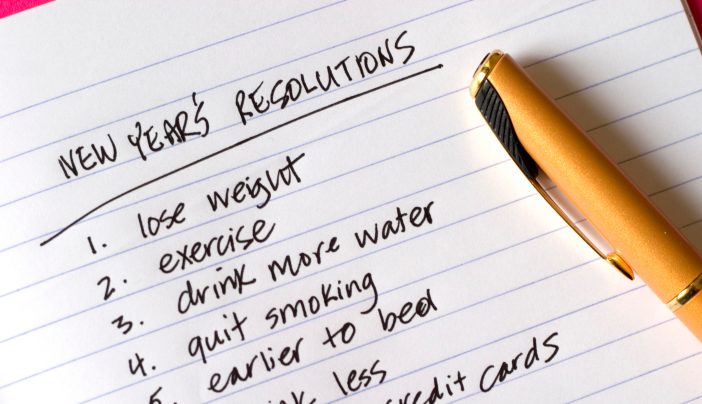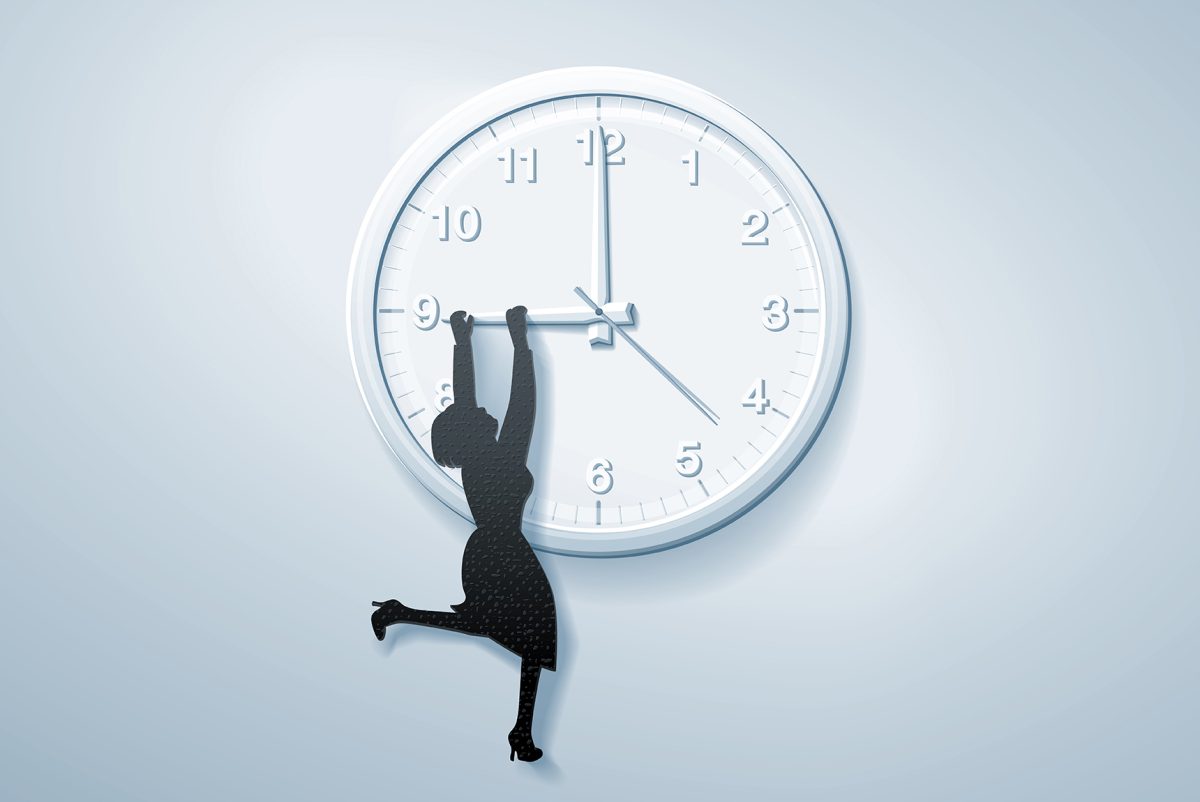As 2024 begins, you may have celebrated on New Year’s Eve with family and friends and found it impossible to avoid conversations about New Year’s resolutions. Many people look at a New Year as a reason to celebrate having lived through another year and an opportunity for a fresh start, a time to take on new adventures, and a chance to become serious about things they want to accomplish. Oftentimes, on New Year’s Eve, people make plans to gather with family and friends to ring in the new year and come up with new ways of improving their lives through a variety of ways such as cutting out sugar from their diets, exercising more, reading more, or focusing on improving their grades. While some people do actually get motivated and manage to stick to their resolutions, most abandon all promises in the month of January and return to old habits. But you might be wondering, where did this tradition of celebrating New Year’s Eve and making resolutions originate from?
The tradition of celebration a New Year and making New Year’s resolutions started with ancient Babylonians, dating back to about 4000 years ago. The New Year for Babylonians would start in the middle of March after all the crops were planted and about the same time of the start of spring season. During a religious ceremony called Akitu, the Babylonians celebrated for twelve days by crowning a new king and promising to be better by paying debt and returning borrowed items, hoping that the Gods would favor them in the coming year for their good deeds. These promises are assumed to be the original New Year’s resolutions, and this is the time when people started to routinely celebrate New Year’s and make promises of improvement.
Later, in ancient Rome, Julius Cesar made changes to the calendar and established January 1st as the beginning of a new year since the Romans believed Janus to be a very important God, always looking backwards to the year past, and forward toward the future. This practice continued for Christians, with the first day of the New Year being taken as an opportunity to look back and acknowledge past mistakes while making plans to improve and do better in the upcoming year.
The tradition of celebrating New Year’s Eve and making resolutions became even more established when, in 1740, an English Clergyman named John Wesley set up a Watch Night on New Year’s Eve for people to gather and read from scripture and sing while making plans for the New Year. This tradition is still popular among Methodists and is being practiced in many places.
The modern New Year’s Eve celebrations and resolutions, however, are not considered a religious ceremony. Rather, many people, regardless of their religion, celebrate the evening across the globe and mark the new year by making promises to themselves to improve their lives and that of those around them. Even though research shows that very few people actually keep these promises, and most people tend to go back to their old habits quickly, I can bet that this won’t prevent you from hearing all that talk filled with losing weight, living healthier, and overall doing better in the coming year. So, have a happy new year, and remember not to lose track of your resolutions within the first month; your life might just be better for it.







